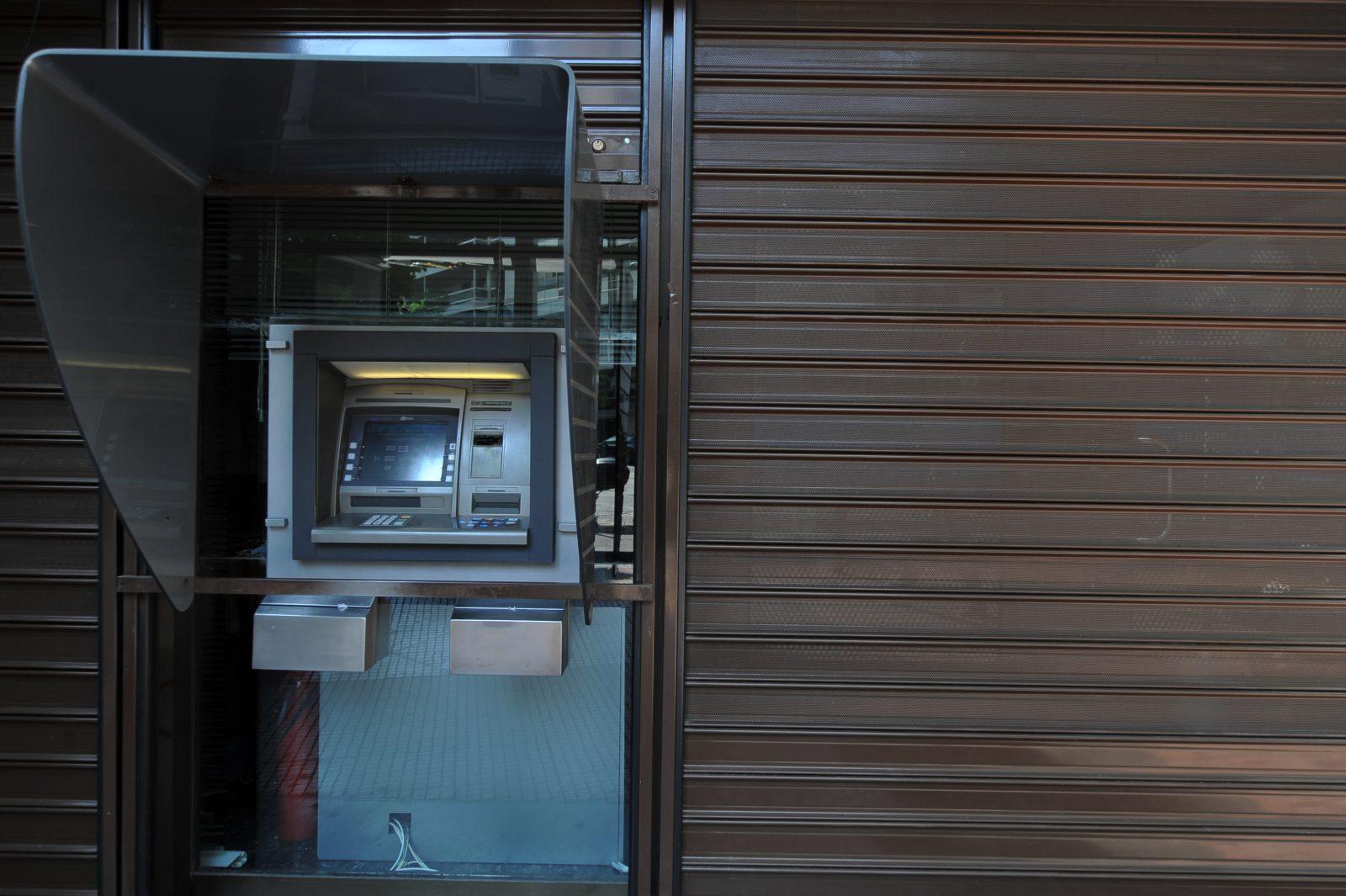Greece is set to initiate a double salary increase for private sector employees that will be put in effect in 2025. This dual increase in employee’s earnings will be driven by two factors, namely the new adjustment to the minimum wage in April and a slight reduction of 1% in social security contributions starting from the beginning of the new year.
More specifically, the planned wage increase for 2025, will most likely amount to 40 euros, which reaffirms the government’s commitment to raising the minimum wage to 950 euros by 2027.
At the same time, a new automatic wage adjustment system has been approved and is set to be put in effect after 2028. This system will rely on a mathematical formula that factors in inflation, wage trends, and the productivity of the Greek economy.
Until 2027, the current system will remain in effect, with the annual increase in the minimum wage projected at approximately 40 euros. The goal is for this gradual progression to lead to a salary increase from 830 euros in 2024 to 950 euros by 2027.
The new adjustment system features automatic wage updates based on criteria such as economic growth rates, productivity improvements, and inflation—a factor that disproportionately affects lower-income households.
Notably, the system explicitly prohibits reductions in the minimum wage. Even in special cases, such as economic recessions, the minimum wage will remain unchanged.
This new wage system will also impact the salaries of public sector employees, as the minimum wage will determine the base entry-level salary in the public sector as well.
Meanwhile, starting from Jan. 1, 2025, social security contributions will be reduced by one percentage point with the aim of easing the burden on both employers and employees.
The 0.5% reduction will apply to employee contributions and 0.5% to employer contributions, with the total reduction coming from the healthcare sector. The cost of this new reduction is estimated to reach 440 million euros, annually.
By implementing this new system, the Ministry of Labor aims to establish a model according to which the minimum wage is determined through a more objective, predictable, and transparent calculation process.
Source: tovima.com
















![Ελαιόλαδο: Ανάκαμψη στην παραγωγή, πίεση στην κατανάλωση – Τι αλλάζει έως το 2035 [γραφήματα]](https://www.ot.gr/wp-content/uploads/2025/07/elaiolado.2023-1.jpg)

























